The U.S. Air Force has been accused by the Environmental Protection Agency (EPA) of polluting water in Tucson, Arizona.
After the EPA ordered the force to clean this polluted water, the Air Force claimed that they cannot and will not do this — and all thanks to the Supreme Court.
The Supreme Court’s Chevron Case
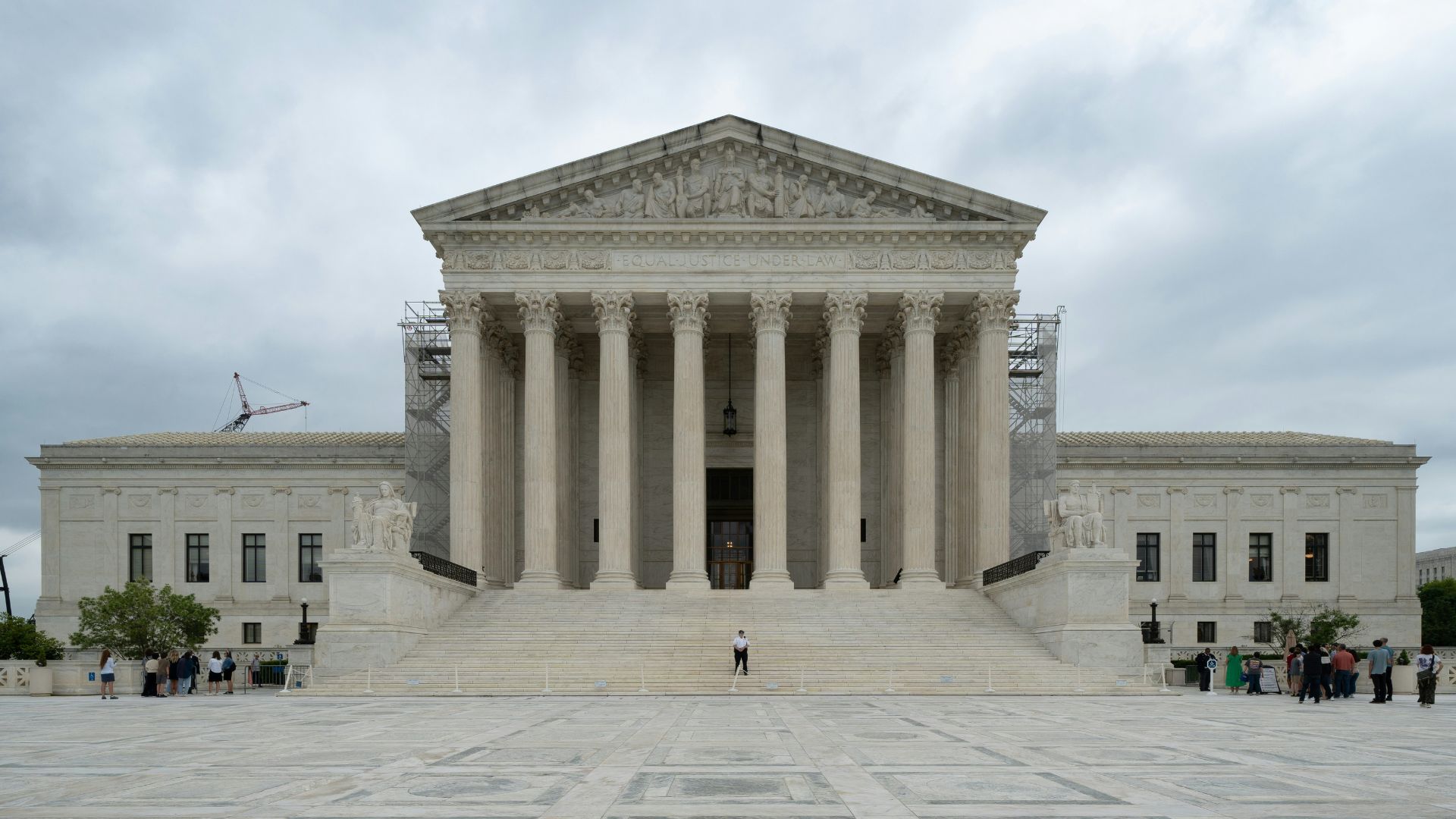
According to the Air Force, they do not have to clean up the water in Arizona that they polluted over the years, as the Supreme Court’s recent ruling has given them the chance to cease listening to the EPA.
The Air Force has claimed that the Supreme Court overturned the Chevron doctrine, which previously allowed regulators to interpret ambiguous parts of the law.
The EPA No Longer Has Authority?
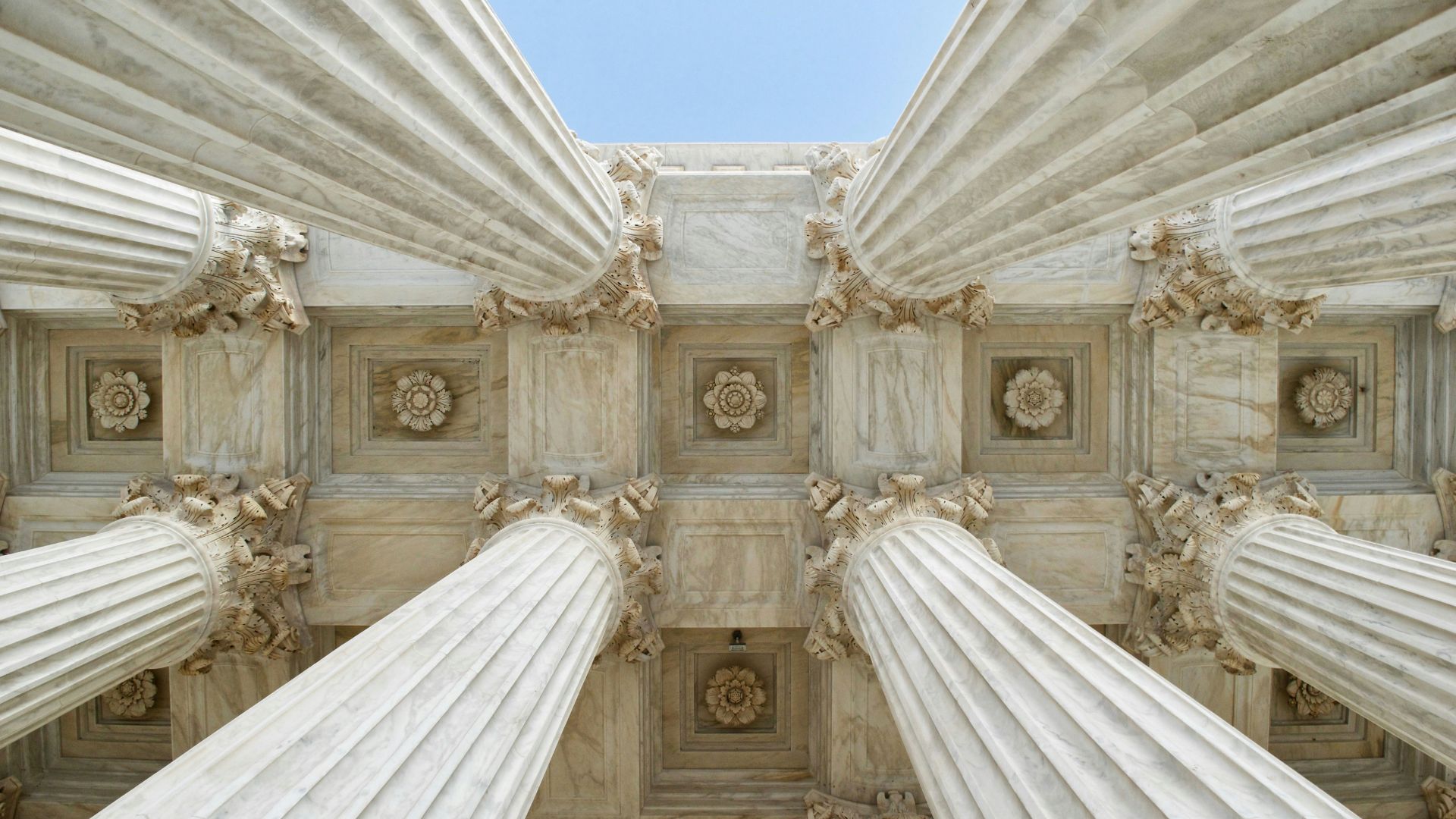
Therefore, the Air Force is claiming that the EPA no longer has the authority as a regulator to order them to do anything.
This all stems from the Supreme Court’s overturning of a 40-year precedent that gave federal agencies like the EPA the power to regulate certain areas of the law.
Chevron v. Natural Resources Defense Council
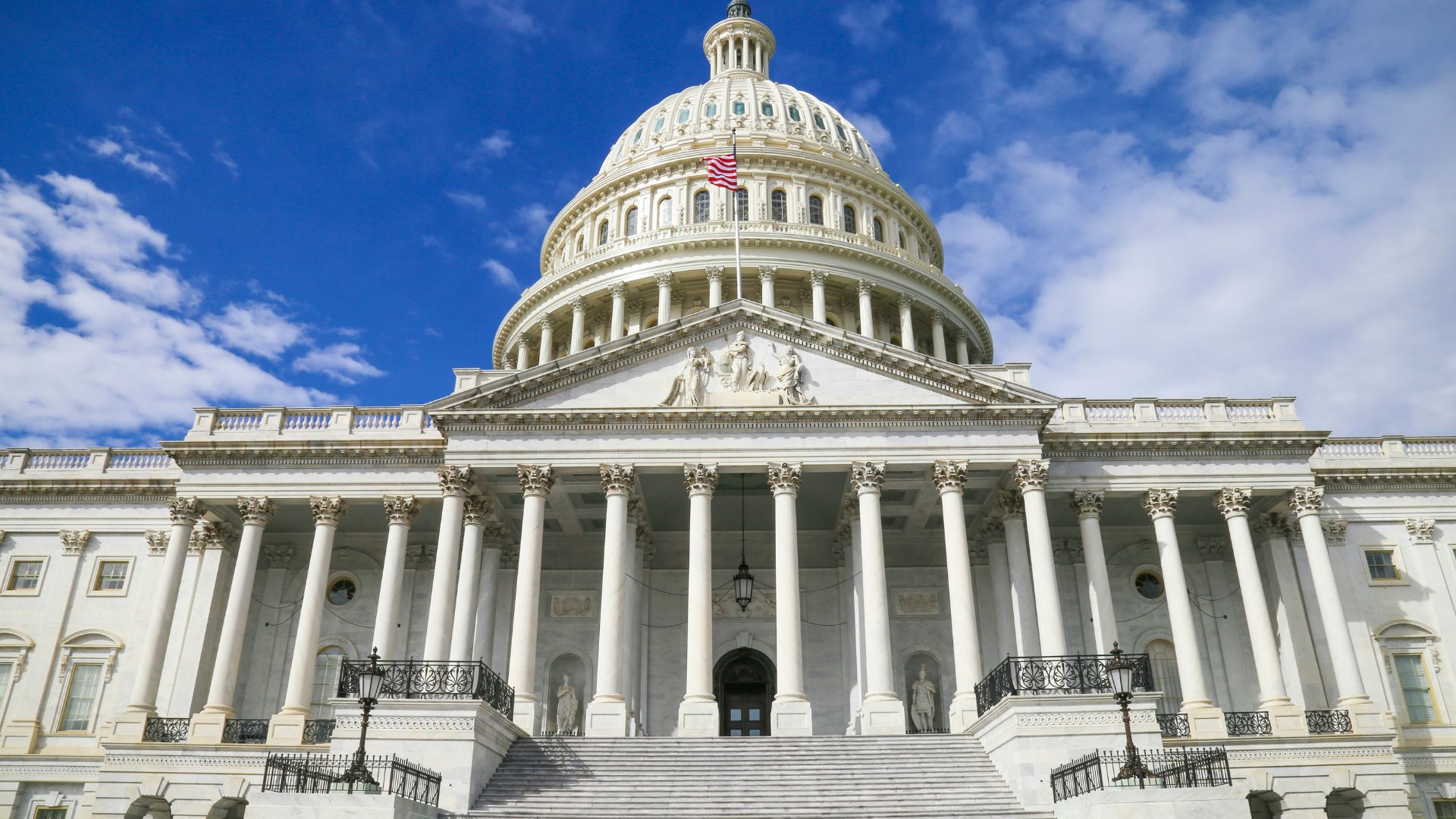
The 1984 Chevron v. Natural Resources Defense Council case was instrumental in shaping how certain laws are enforced in the United States.
The case ruling basically instructs the judiciary to defer to government offices when it came to interpreting legislation and determining how best to enforce laws passed by Congress.
The Significance of the Overturn
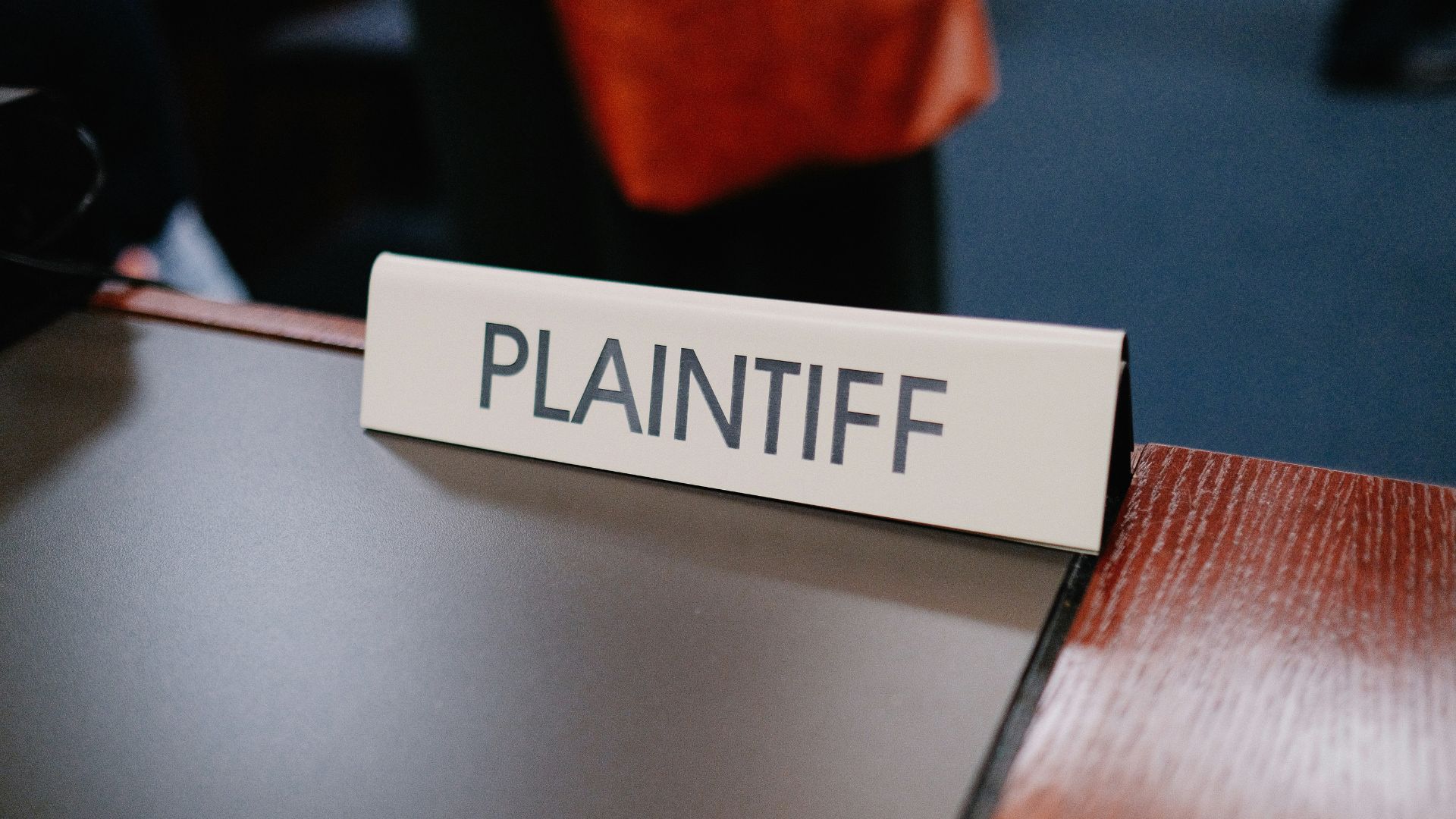
Chevron was a highly significant ruling, cited over 18,000 times in the decades since it was made.
There are many political commentators who are extremely troubled by the implications of SCOTUS overturning Chevron v. Natural Resources Defense Council and the motivations that may be behind such a decision.
A Power Grab
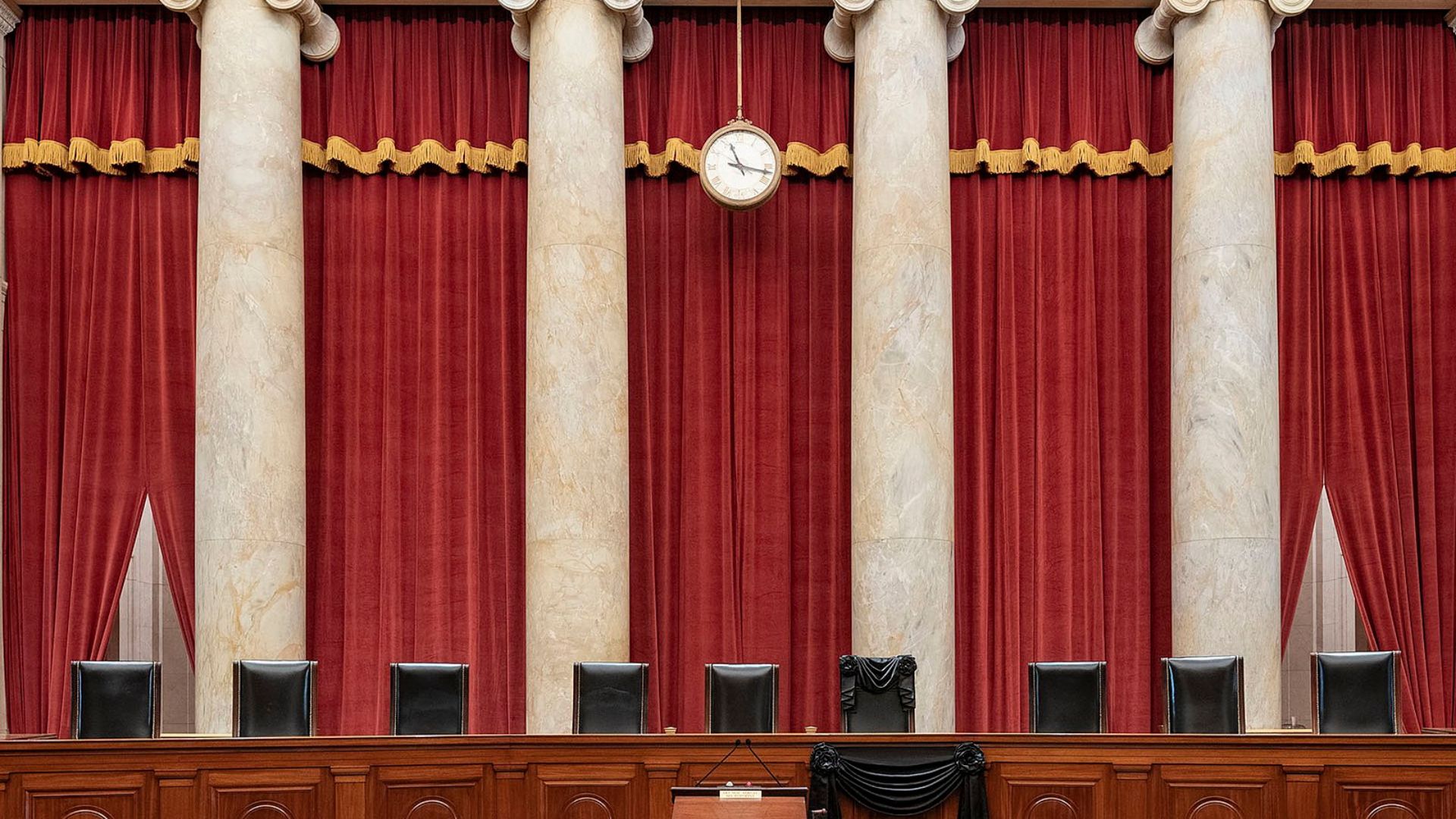
There are a great many who view the move to overturn the landmark 1984 decision as a grab for power by the Supreme Court.
The decision basically reversed a directive that meant the courts essentially had to defer to the president on matters of enforcing laws. With this step, the foundations may have been laid for a fundamental change in the role of SCOTUS.
Constitutional Ramifications
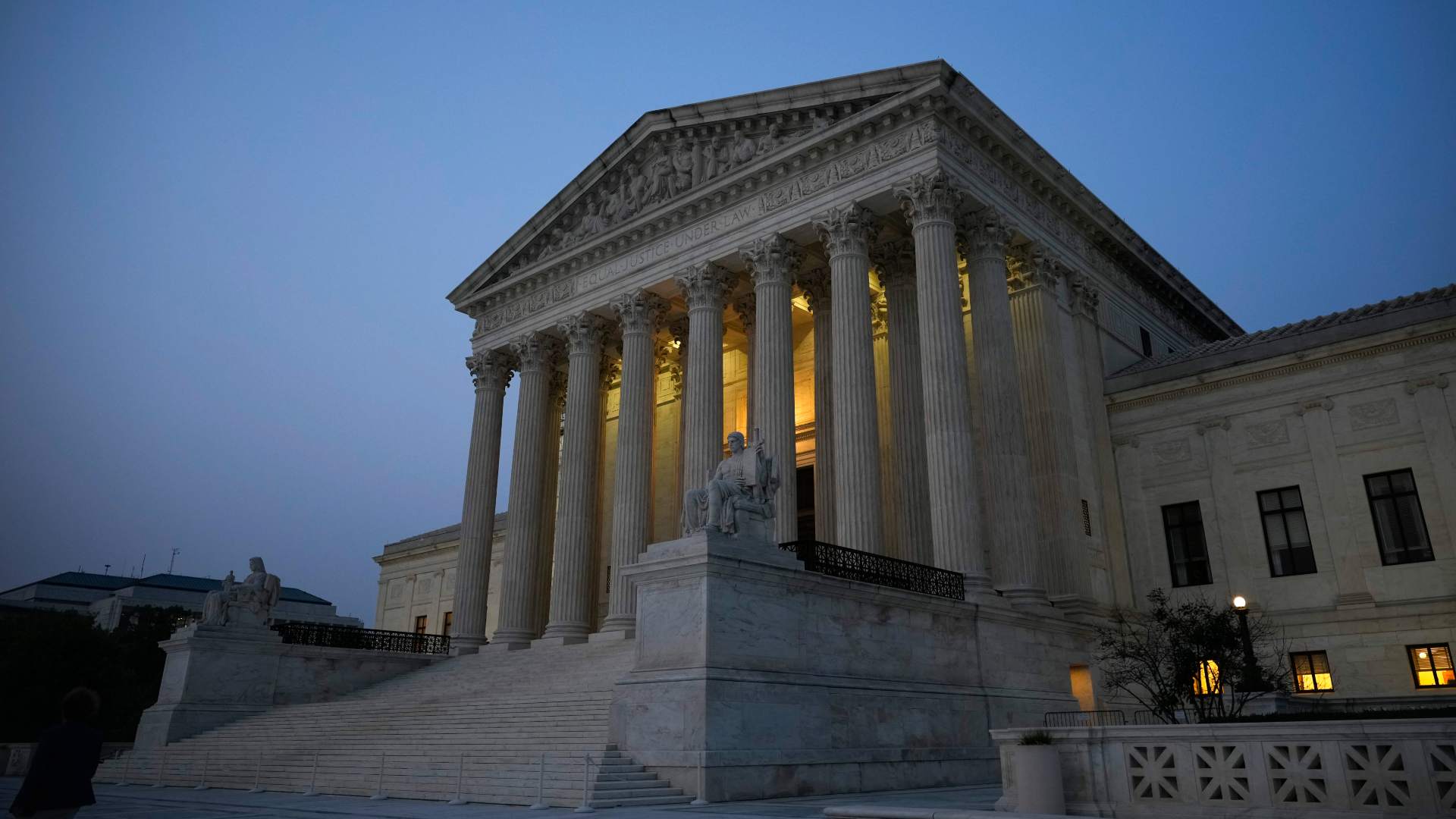
Many opponents to the move have been extremely harsh in their criticism of SCOTUS. Elie Mystal, Nation’s legal correspondent, called the move by the Supreme Court “the biggest judicial power grab since 1803.”
Making the move to reverse the Chevron ruling and the precedent it set would appear to be at odds with the intended function of SCOTUS, as laid out in the Constitution.
Granting New Power

Mystal expands on this idea of the Supreme Court seeming to have changed the scope of its operations with the overturn decision.
According to her, they’ve bestowed themselves “nearly unlimited power over the administrative state and its regulatory agencies.” This would indeed appear to be at direct odds with the constitution.
SCOTUS According to the Constitution
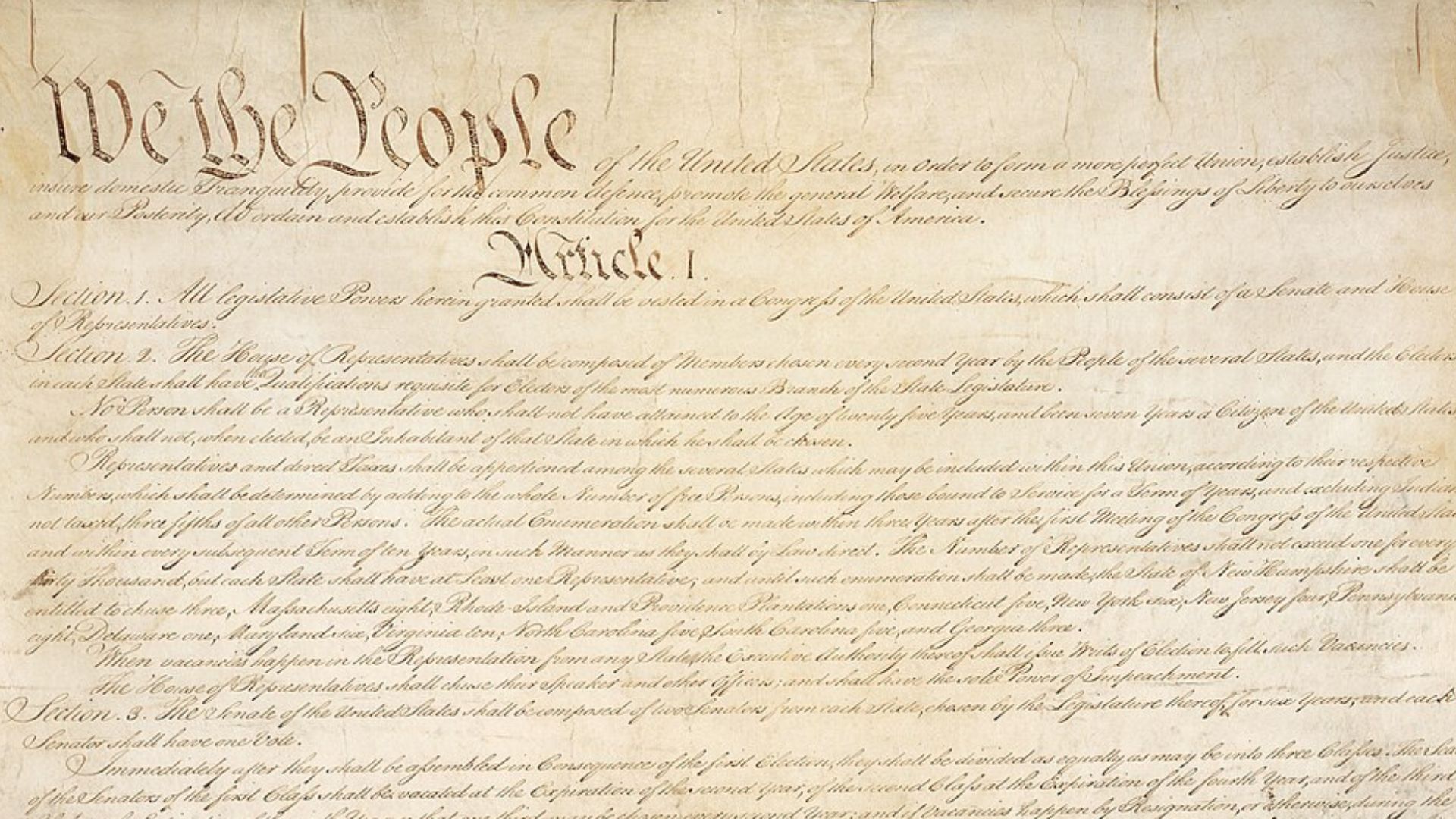
Mystal eloquently and succinctly describes what the Constitution has to say regarding the powers of the Supreme Court.
In her words: “The U.S. Constitution, flawed though it is, has already answered the question of who gets to decide how to enforce our laws.” She continues: “The Constitution says, quite clearly, that Congress passes laws and the president enforces them. The Supreme Court, constitutionally speaking, has no role.”
Changing Its Role

With this ruling, the Supreme Court would appear to be changing the role it plays, now holding power in directing how laws are enforced.
At the very least, its undermined previous interpretations of how laws are enforced, as seen by the Air Force citing the overturn of Chevron in this particular clash with the EPA.
Wider SCOTUS Influence
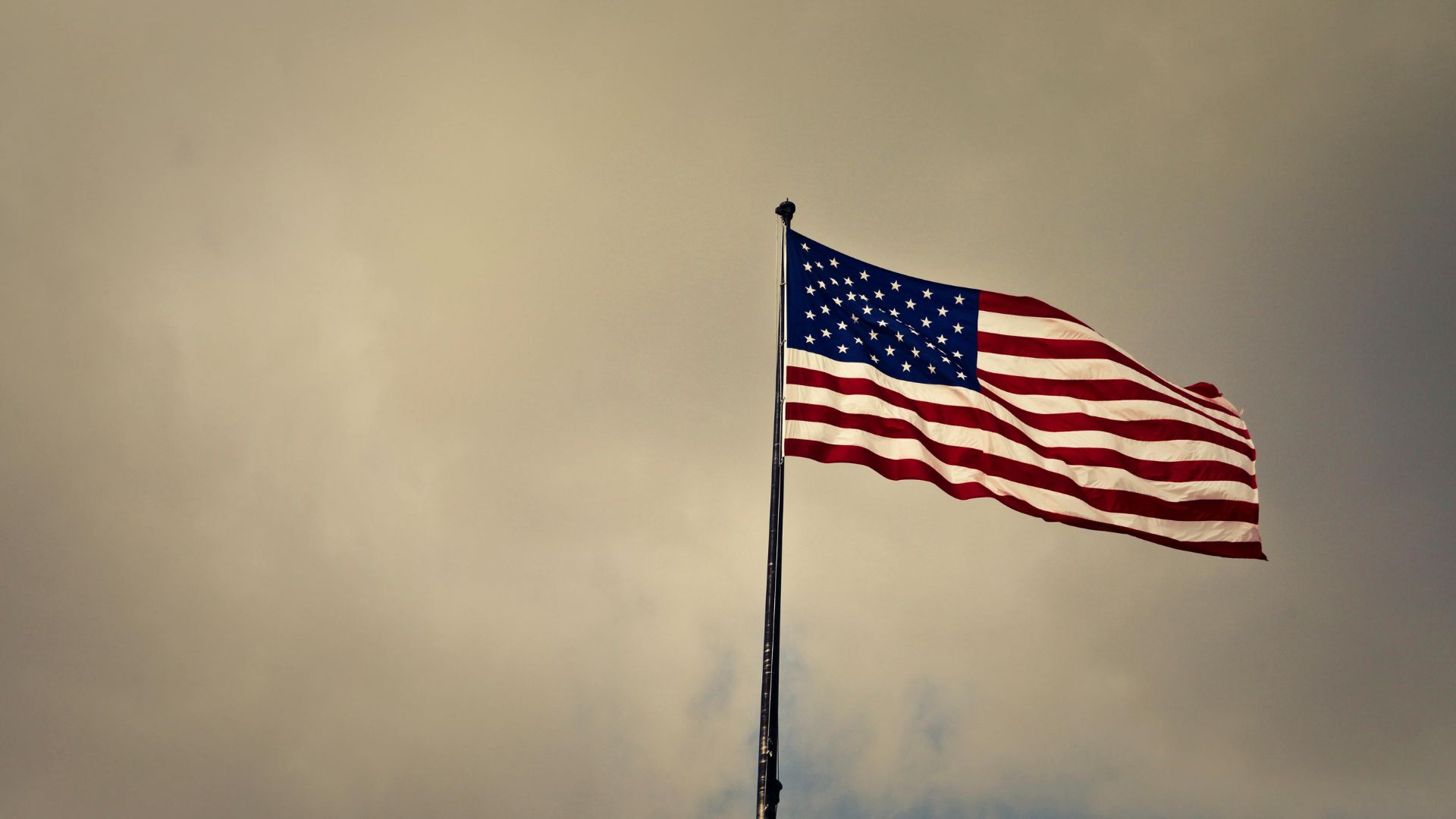
This is far from the only decision the Supreme Court has made that has drawn criticism and sparked a concerning discourse regarding the scope of its legal powers.
With another controversial ruling, SCOTUS would appear to have also expanded their power to the point where they are the decision makers as to whether legal action can be brought against a former president.
Presidential Immunity

The Supreme Court made headlines with a controversial decision regarding the scope of immunity that can be afforded to former presidents for criminal convictions brought against them.
In a 6-3 majority decision, the Supreme Court ruled that former presidents cannot be prosecuted for any actions that relate to the core powers of their office.
The Consequences of This
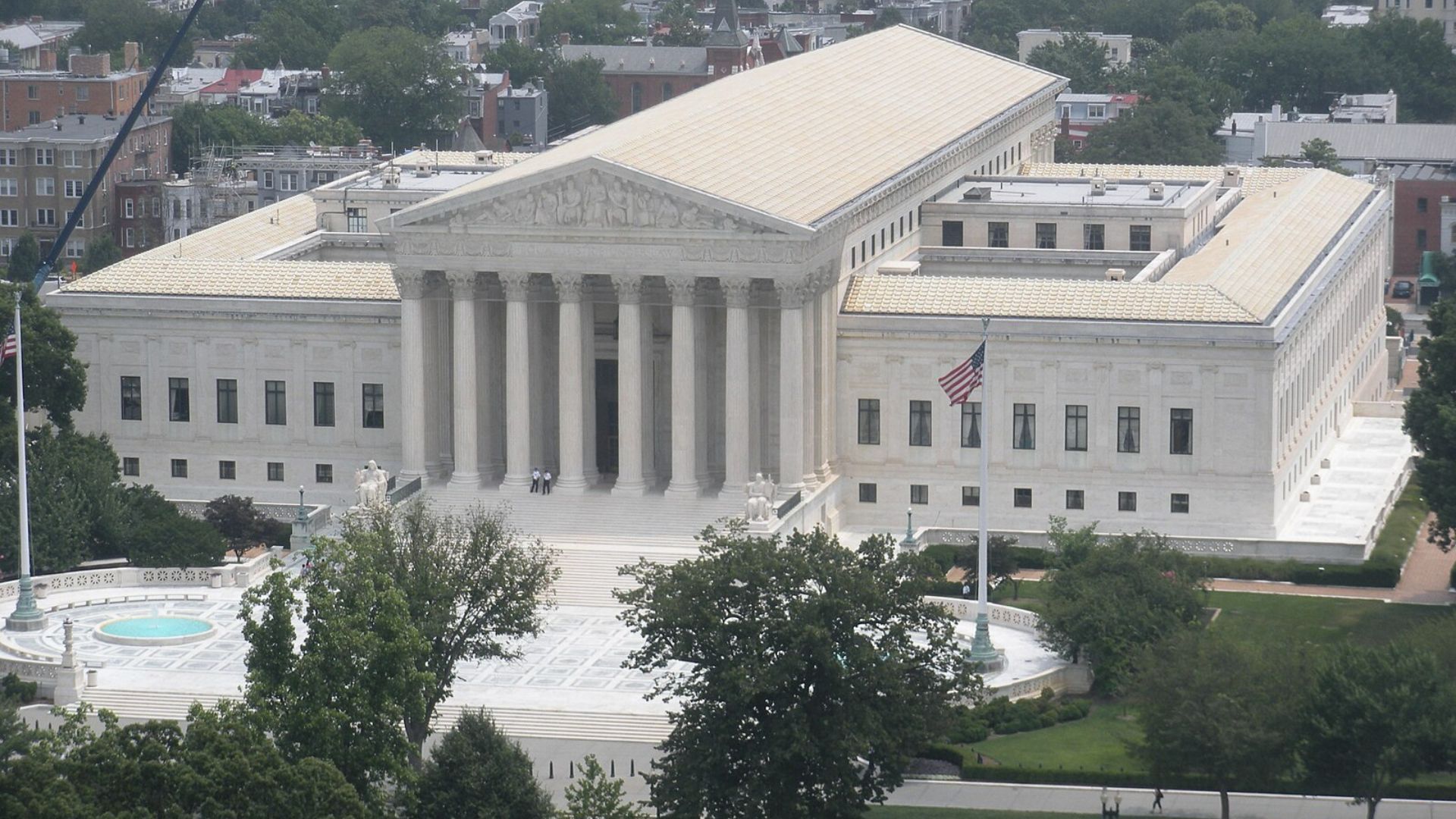
This decision essentially expanded the scope of presidential immunity. Former presidents now have a presumption of immunity in basically the broadest sense for their “official” acts.
Where the decision by SCOTUS is drawing a lot of criticism is regarding what exactly constitutes and “official” act — or rather, who gets to decide this.
SCOTUS as Decision Maker
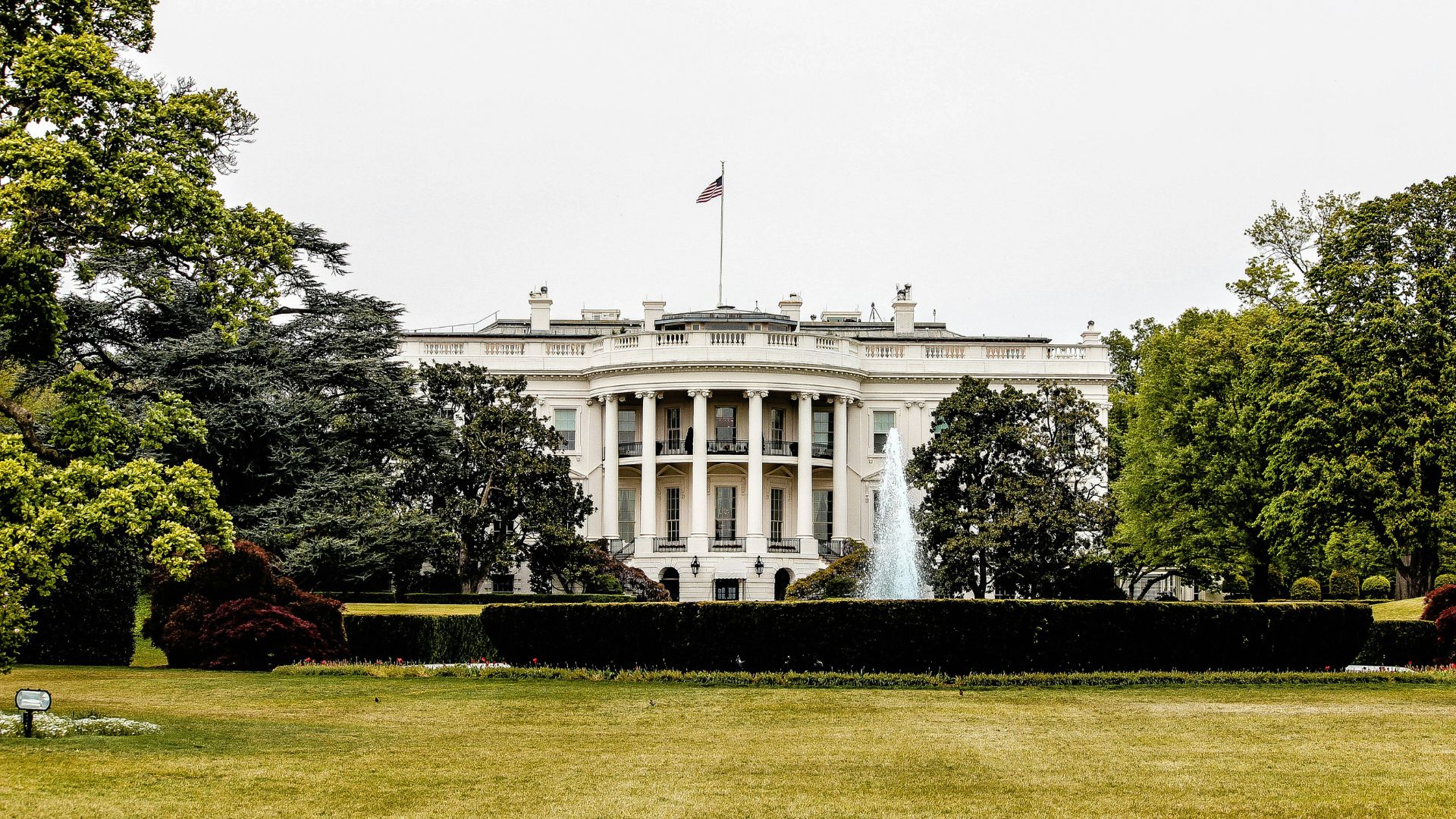
SCOTUS were careful to stress that presidents have no protection from prosecution for unofficial wrongdoing, only for official acts.
They also stressed it was for the lower courts to decide what constitutes an “official” act. In practice, though, you have to think these courts would take a steer from the Supreme Court in such a decision, should SCOTUS get involved. This means SCOTUS has essentially granted itself the power to decide whether or not to prosecute a former president.
Real Impact of SCOTUS’ Decision Now Being Felt
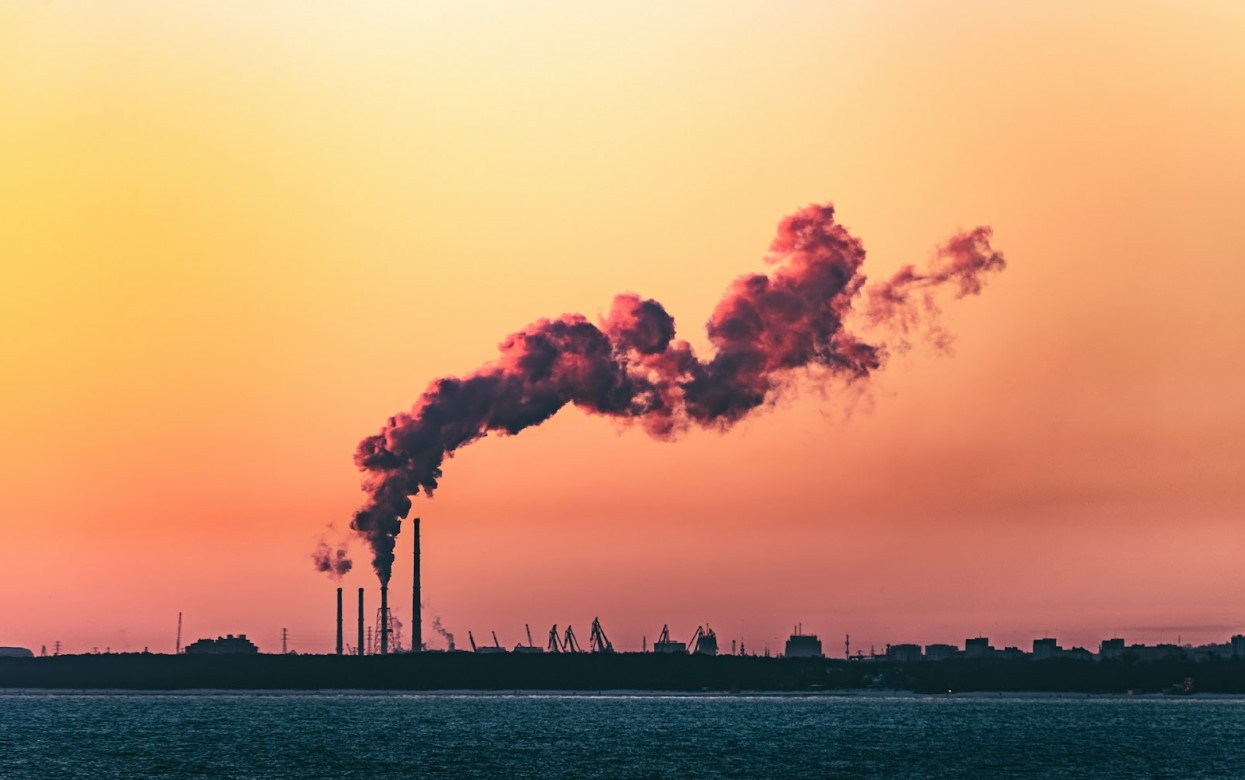
There’s a great deal of political posturing and legal debate around the Supreme Court’s recent actions, such as the decision to overturn Chevron and what this means to the nation.
But the impact of the decision does not exist purely in the realm of debate and constitutional theory. It has a very practical impact that is being seen almost immediately by the Air Force’s outright refusal to adhere to the EPA’s directive.
Polluted Water in Arizona

This battle between the EPA and the Air Force comes during a time when the EPA has been trying to get water in Arizona cleaned up.
According to various reports, several bases in Tucson have contributed to polluting drinking water in the region, contaminating much of it with incredibly harmful toxins such as PFAS, which are often called “forever chemicals” because they do not naturally break down.
Forever Chemicals

Experts have explained that these PFAS are incredibly hard to clean up — and they also happen to be detrimental to humans.
If these chemicals successfully get the chance to enter a person’s body and accumulate, then this person can face incredibly severe health issues.
The EPA’s Next Steps

Now that the Air Force has claimed that they have no legal reason to clean up this polluted water, legal experts have come forth to explain what the EPA’s next steps may be.
Most legal experts agree that there’s no way the Air Force will be able to use the Supreme Court’s Chevron overturning in this case. This is because the new precedent only impacts rule-making, not enforcing laws or regulations.
The Air Force vs the EPA

Furthermore, the Air Force would have to sue the EPA if they truly wanted to challenge this authority — something that they cannot do.
One part of a government cannot sue another part. Therefore, the Air Force eventually will have to abide by these EPA orders, though other parts of the government may have to step in to ensure it happens.
An Intimidation Tactic?

Some analysts believe that the Air Force is well aware that this move won’t work. Deborah Ann Sivas, the director of the Stanford University Environmental Law Clinic, stated that it appears like an intimidation tactic.
She said, “It feels almost like an intimidation tactic, but it will be interesting to see if others take this approach and it bleeds over.”
Businesses Could Use This Method
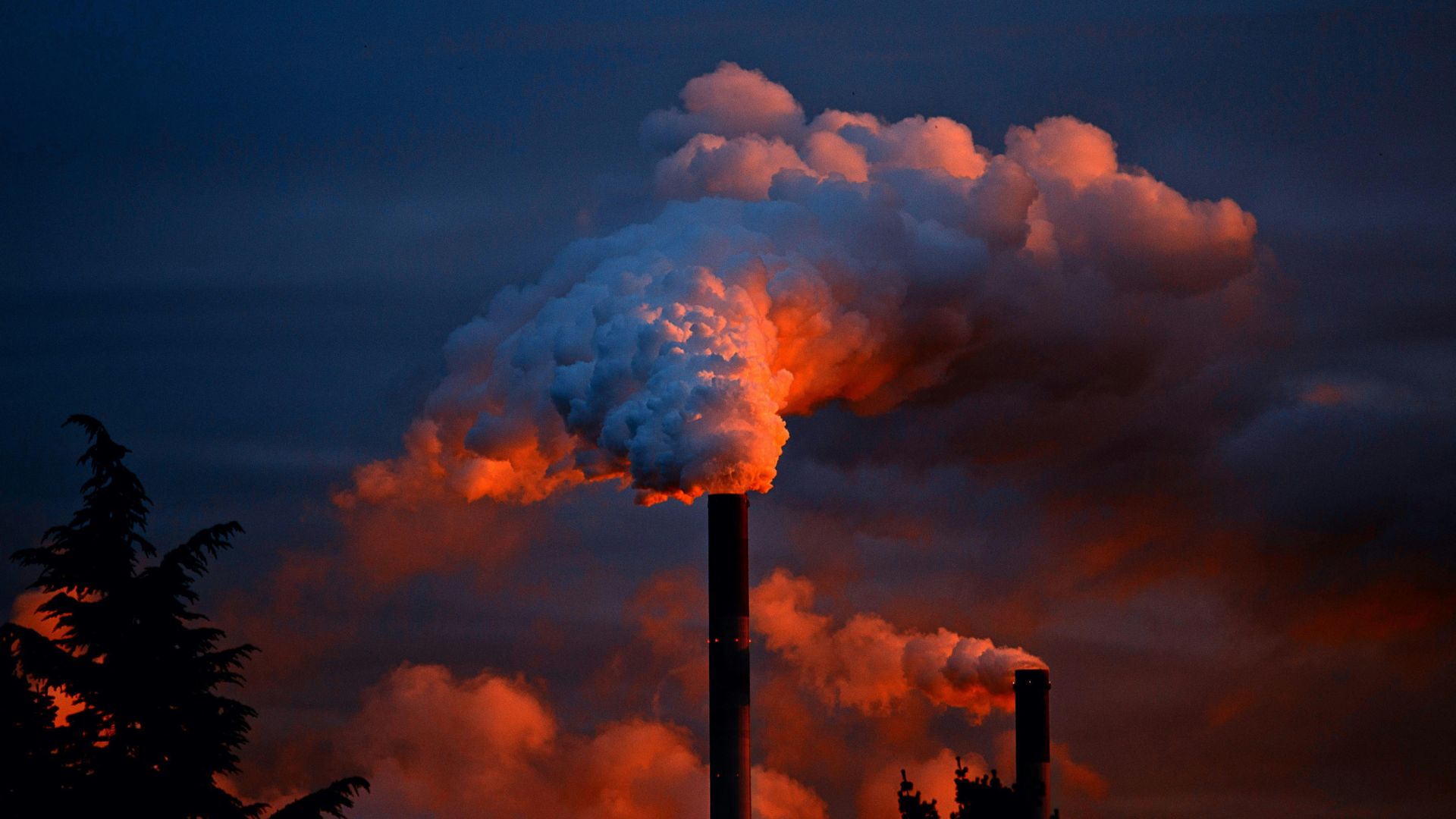
Various analysts are already worried that this move by the Air Force could help other corporations and businesses do the same thing — and therefore get out of cleaning up areas they may have polluted and destroyed.
After all, while the Air Force cannot sue the EPA, a business can.
Why the Air Force Won’t Clean Up the Water
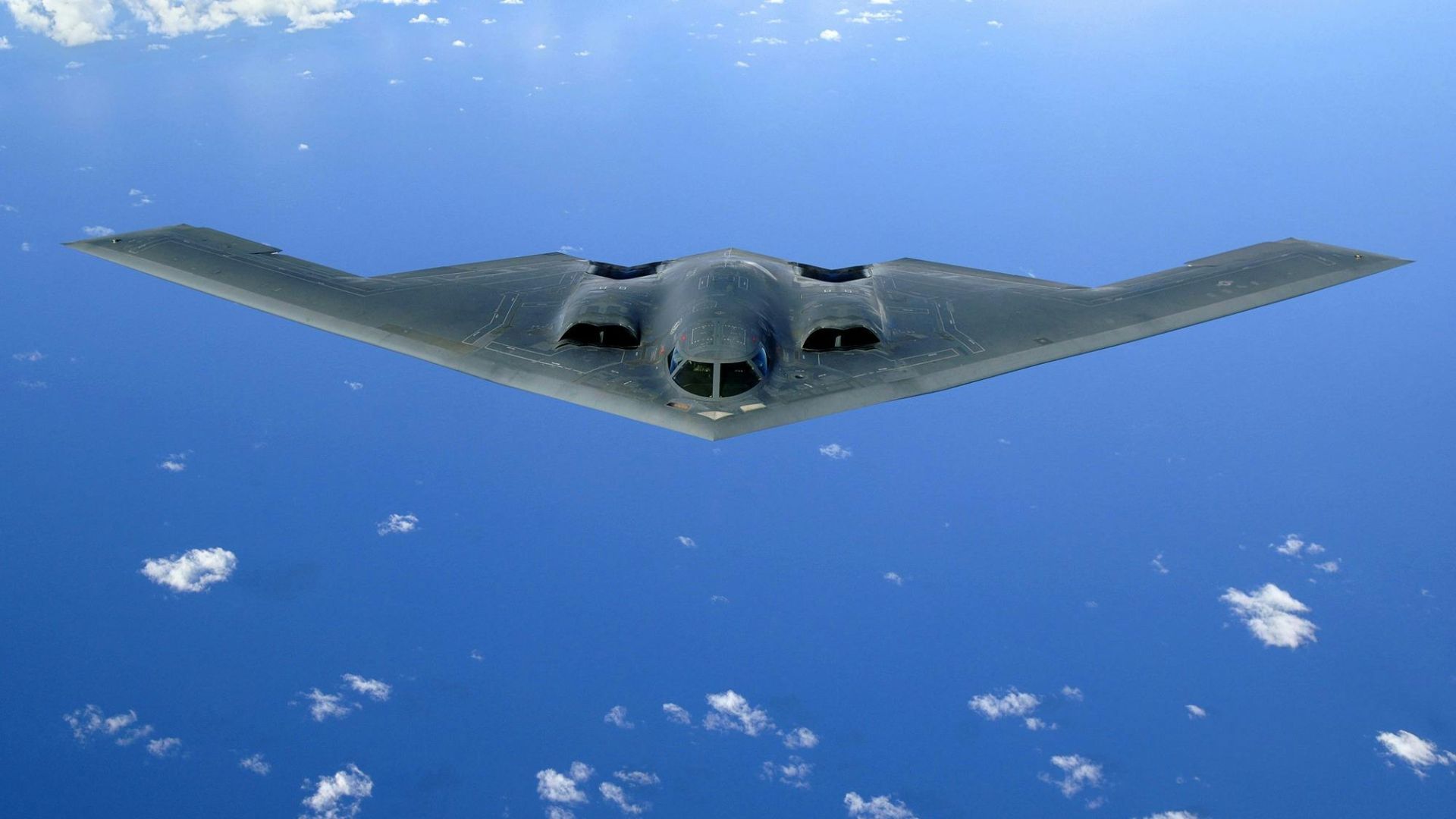
So far, the Air Force hasn’t explained why they are fighting the EPA against cleaning up polluted water in Arizona.
In their statement going against the EPA, the force simply said that the Supreme Court led to the fact that “the EPA’s order can not withstand review.” Therefore, they wouldn’t have to clean up the water.
Military Polluting in the U.S.

Unfortunately, a recent Department of Defense report has claimed that more than 200 U.S. military bases had contaminated and polluted drinking water with these forever chemicals.
The EPA stated that it would cost the Air Force $25 million to clean up the pollution in Arizona — only 0.1% of the Air Force’s budget.
Warning Bells
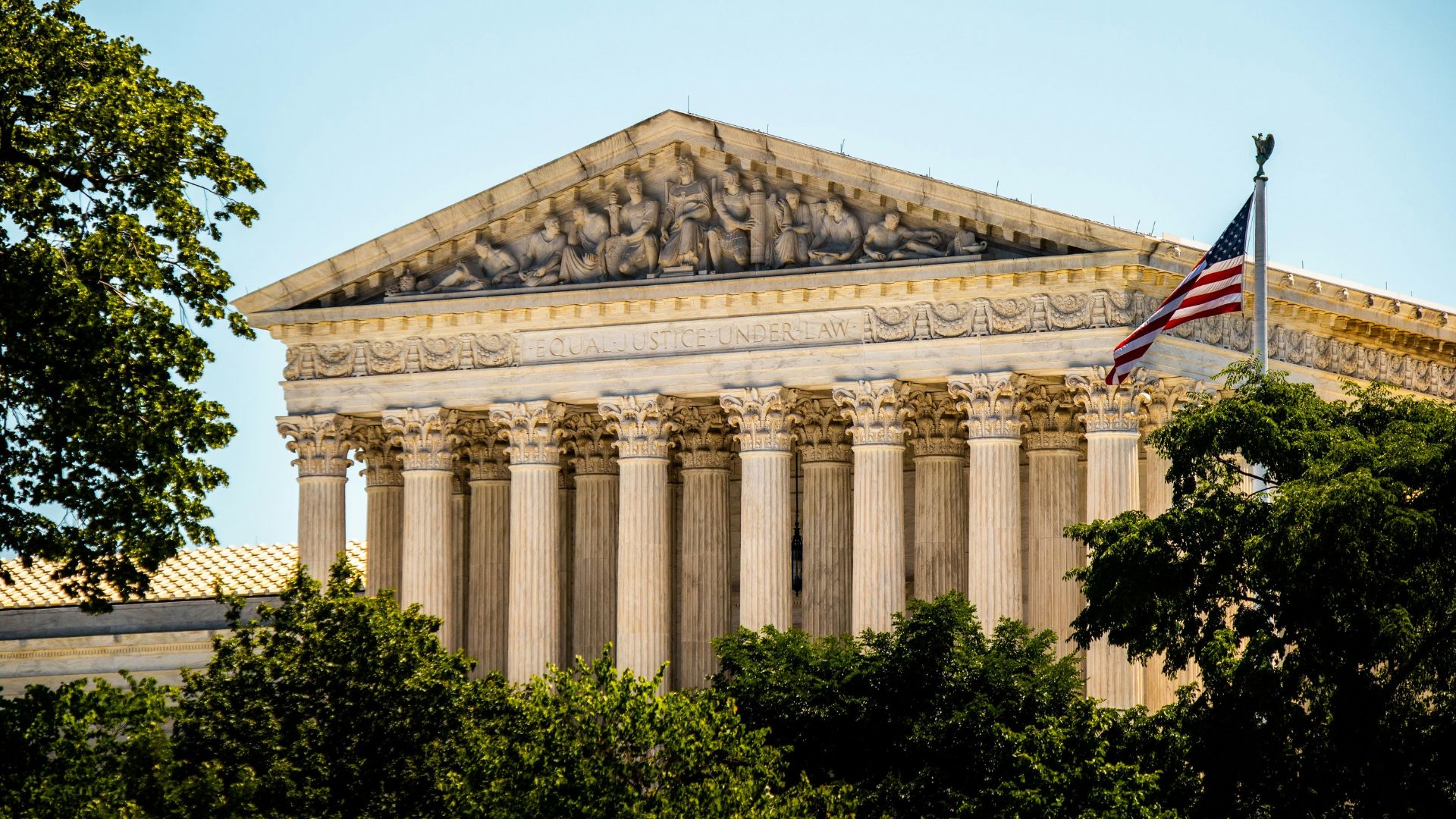
Ever since the Supreme Court overturned the Chevron doctrine, legal experts have warned that this could completely change how much of the country runs.
Many were very worried that attacks against agencies like the EPA would become common, as the court basically stripped regulators of many rights to do their job. Now, this specific case has seemingly become the first instance of these concerns coming to fruition.
